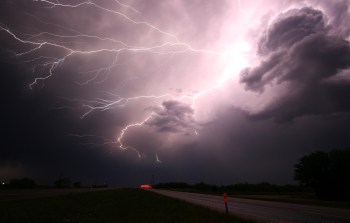Putting Climate Change Claims to the Test
Global Warming Policy Forum 18/06/19 | Dr John Christy This is a full transcript of a talk given by Dr John Christy to the GWPF on Wednesday 8th May. When I grew up in the world of science, science was understood as a method of finding information. You would make a claim or a hypothesis, and then test that claim against independent data. If it failed, you rejected your claim and you went back and started over again. What I’ve found today is that if someone makes a claim about the climate, and someone like me falsifies that claim, rather …



